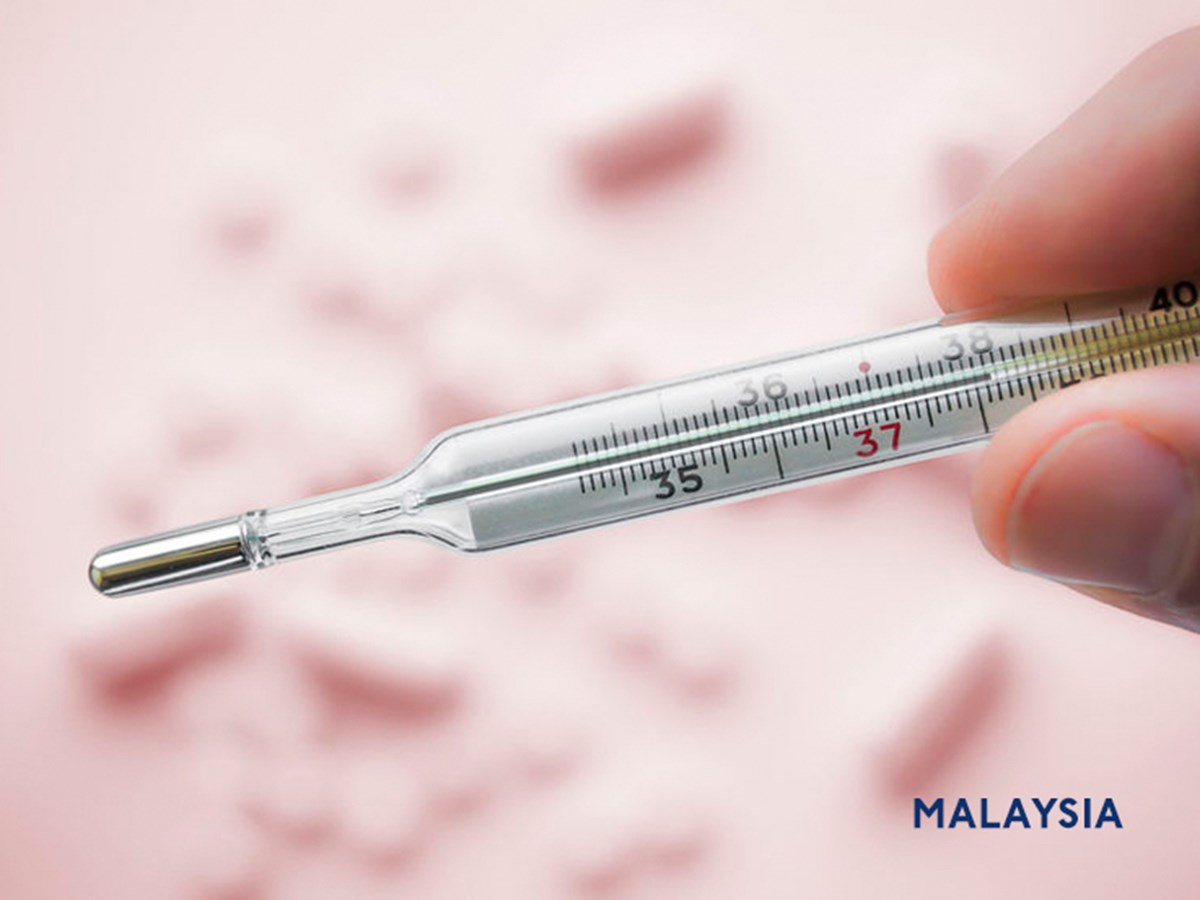
Knowledge Highlights 23 February 2026

On the evening of 16 March 2020, the Prime Minister of Malaysia announced a Restriction of Movement Control order (“Order”) in response to the COVID-19 outbreak, which was stated to have been issued under the Prevention and Control of Infectious Diseases Act 1988 (“PCIDA”) and the Police Act 1967. The Order applies throughout the whole of Malaysia and will be in force from 18 March 2020 to 31 March 2020.
Whilst the legal basis for the issuance of the Order is somewhat unclear, the following pieces of subsidiary legislation were rapidly gazetted thereafter:
Prevention and Control of Infectious Diseases (Declaration of Local Infected Areas) Order 2020, gazetted on 17 March 2020 (“PCID Order”); and
Prevention and Control of Infectious Diseases (Measures within the Infected Local Areas) Regulations 2020, gazetted on 18 March 2020 (“PCID Regulations”).
Both the PCID Order and the PCID Regulations have effect from 18 March 2020 until 31 March 2020 (“Restricted Period”).
Setting the boundaries: The PCID Order
The PCID Order was issued under section 11(1) of the PCIDA. It is a remarkably short order, and simply declares each and every State and Federal Territory of Malaysia to be an “infected local area” for the purposes of the PCIDA. In essence, this allows the Minister of Health to make regulations under section 11(2) of the PCIDA, to prescribe measures to be taken to control or prevent the spread of an infectious disease within or from the whole of Malaysia.
Partial lockdown: The PCID Regulations
The actual measures to deal with the COVID-19 outbreak are contained in the PCID Regulations, which were issued by the Minister of Health under section 11(2) of the PCIDA.
These measures, which apply during the Restricted Period, are described below:
Restriction of movement and gatherings
Restrictions on Travel within “Infected Local Areas”
Journeying from “one place to another” within an “infected local area” during the Restricted Period is prohibited. The only exceptions are journeys for the purposes of:
or any other special purposes permitted by the Director General of Health (“DG”).
The exact ambit of this restriction is unclear as there is no express carve-out for journeys indoors, between different parts of a building, or within a complex of buildings.
No mass gatherings
“Gatherings” are prohibited, whether for religious, sports, recreational, social or cultural purposes. The only exception is gatherings at funeral ceremonies, which may proceed as long as the number of attendees is kept to a minimum. The minimum number of people that would constitute a “gathering” has not been specified.
Interstate travel
Travel between one infected local area and another (i.e. between States or Federal Territories) may only be undertaken with the prior written permission of a police officer in charge of a police station.
Compulsory health examination
During the Restricted Period, any citizen or permanent resident of Malaysia returning from overseas must undergo mandatory health testing upon his or her arrival in Malaysia.
Essential services
Businesses involved in the provision of essential services are permitted to remain open, provided that the number of personnel and patrons at the premises is kept to a minimum. The list of services which are deemed “essential” is contained in the Schedule to the PCID Regulations.
These “essential services” are as follows:
It should be noted that this last category effectively allows the Minister of Health to declare additional services to be “essential services” if he determines that such services are necessary for public health or safety.
These categories are quite broad, and the PCID Regulations do not elaborate on the exact scope of such “essential services”. On 18 March 2020, the National Security Council of Malaysia (“NSC”) issued a media statement (“Media Statement”) elaborating on the scope of “essential services” under the PCIDA, and setting out a detailed list of services which would be considered “essential” and “non-essential”.
There appear to be some inconsistencies between the PCIDA read together with the PCID Regulations, and the Media Statement. For example, the Media Statement lists certain exemptions in relation to “non-essential services” that may, nevertheless, be provided or continued during the Restricted Period subject to certain conditions, such as car repair services and construction works. Technically, such exemptions would not have the force of law unless and until an exemption order covering these exemptions is gazetted pursuant to the PCIDA. From a practical standpoint however, the Media Statement is a useful guide as to how the Government interprets the very broad categories of “essential services” listed in the PCID Regulations.
Closure of premises
Premises providing “essential services”
All premises must be closed during the Restricted Period, save for those providing essential services (see point 3 above). An exception is provided, however, for premises to remain open where the owner or occupier has received prior written permission from the DG.
Premises involving food
Any premises involved in the “food supply chain”, or the sale of food and beverages by way of drive through, take away and delivery services, are permitted to remain open subject to any conditions imposed by the DG.
Offences
Penalty
Any person who contravenes the PCID Regulations commits an offence, rendering him or her liable on conviction, to a fine not exceeding RM1,000 or to imprisonment for a term not exceeding six months, or to both.
Corporate offenders
It should be noted that in the case of a corporate offender, the director, manager, secretary, or anyone responsible or assisting in the management of the affairs of the body corporate may be charged severally or jointly along with the body corporate, and will be deemed to be guilty if the body corporate is found guilty, unless he can show that the offence was committed without his knowledge, consent or connivance; and that he took all reasonable precautions and had exercised due diligence to prevent the commission of the offence.